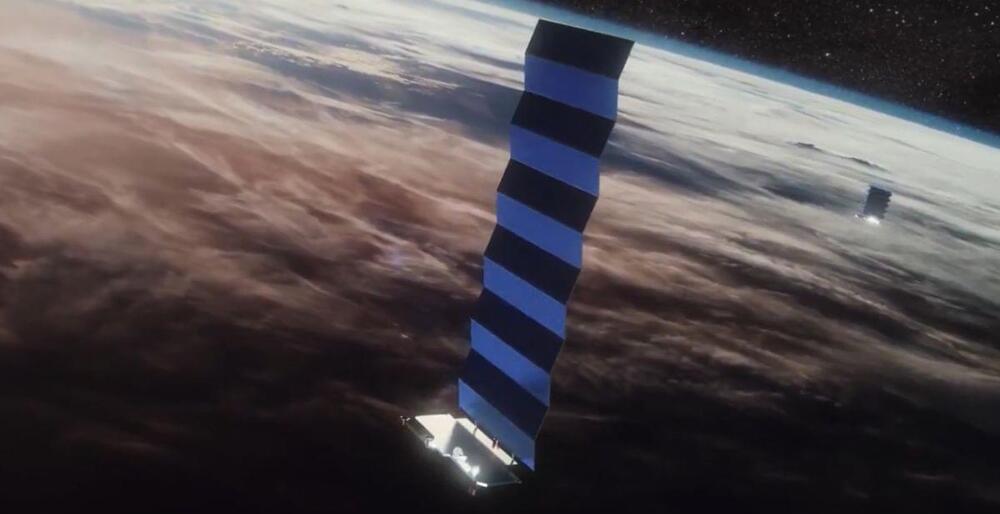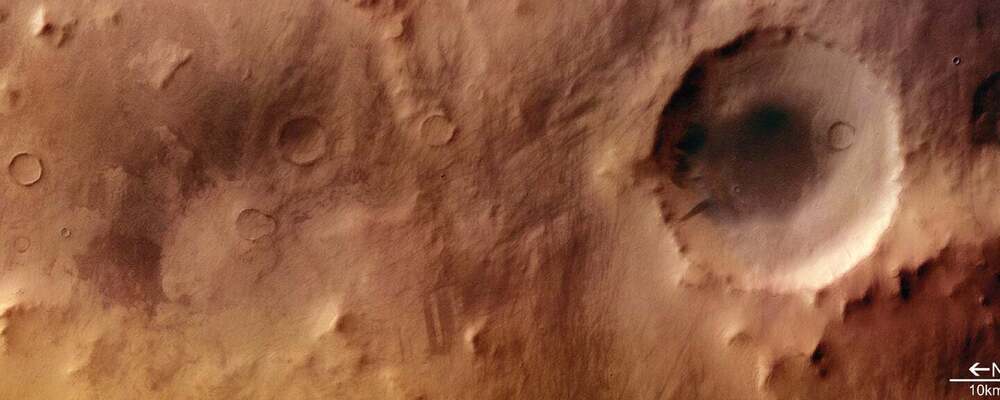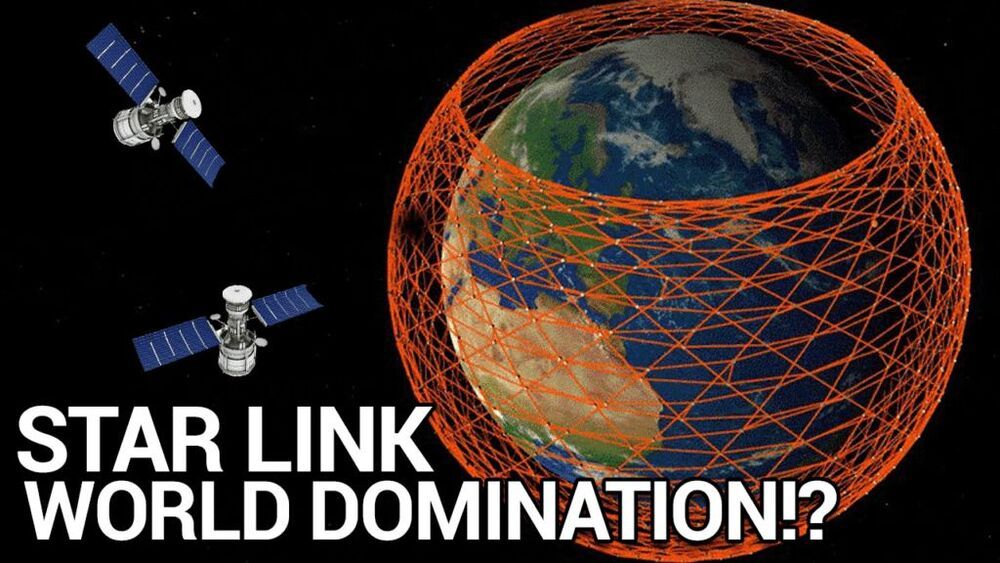Do you remember the Zuckerland metaverse? (Yes, I know he borrowed the word, but when you are president of a digital country, does anyone dare challenge Zuck the First, Le Roi Numérique?)
Palantir Technologies (the Seeing Stone outfit with the warm up jacket fashion bug) introduced a tasty bit of jargon-market speak in its Q22021earnings call:
Palantir’s meta-constellation software harnesses the power of growing satellite constellations, deploying AI into space to provide insights to decision-makers here on Earth. Our meta-constellation integrates with existing satellites, optimizing hundreds of orbital sensors and AI models and allowing users to ask time-sensitive questions across the entire planet. Important questions like, where are the indicators of wildfires or how are climate changes affecting crop productivity? And when and where are naval fleets conducting operations? Meta-constellation pushes Palantir’s Edge AI technology to a new frontier.





